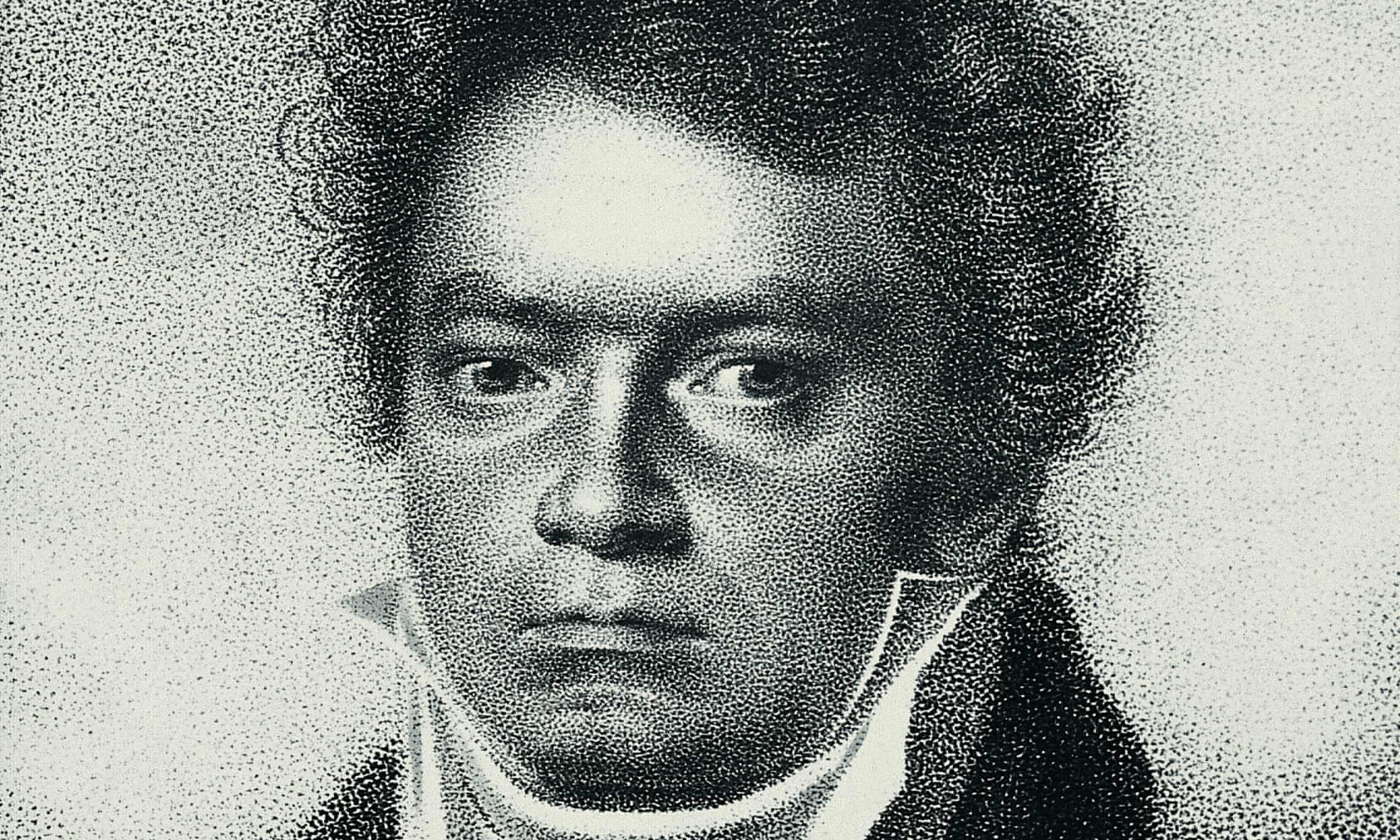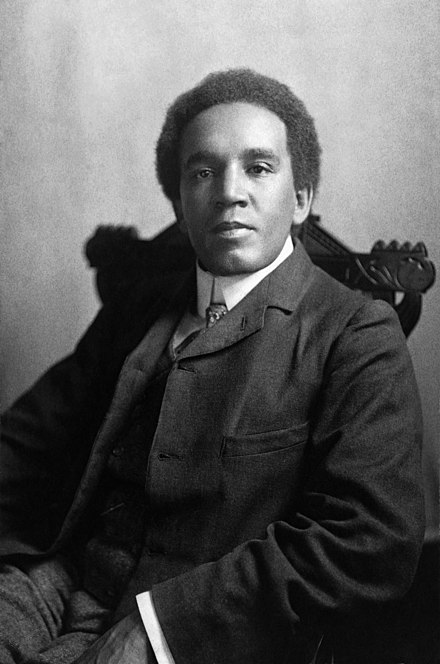![]() The 250th anniversary of Beethoven’s birth in 1770 is this December 16, more or less (he was baptized on December 17, so born on December 16 is the best guess). But this being 2020, when Black Is Best and White Is Worst, the nicest thing anybody can think to say about Ludwig van is that in a few engravings, he kind of sort of looks like an octoroon.
The 250th anniversary of Beethoven’s birth in 1770 is this December 16, more or less (he was baptized on December 17, so born on December 16 is the best guess). But this being 2020, when Black Is Best and White Is Worst, the nicest thing anybody can think to say about Ludwig van is that in a few engravings, he kind of sort of looks like an octoroon.
From The Guardian:
‘Beethoven was black’: why the radical idea still has power today
He helped galvanise the US civil rights movement, and today sparks intense debate about cultural dominance and the musical canon. In his 250th anniversary year can we listen to Beethoven and what he represents with fresh ears?
Philip Clark
Mon 7 Sep 2020
![]() Exactly 80 years after Beethoven’s death, in 1907, the British composer Samuel Coleridge-Taylor began speculating that Beethoven was black.
Exactly 80 years after Beethoven’s death, in 1907, the British composer Samuel Coleridge-Taylor began speculating that Beethoven was black.
Note: Samuel Coleridge-Taylor, right, is not the same person as Samuel Taylor Coleridge, author of “Kubla Khan.”
Colderidge-Taylor was mixed race – with a white English mother and a Sierra Leonean father – and said that he couldn’t help noticing remarkable likenesses between his own facial features and images of Beethoven’s. Having recently returned from the segregated US, Coleridge-Taylor projected his experiences there onto the German composer. “If the greatest of all musicians were alive today, he would find it impossible to obtain hotel accommodation in certain American cities.”
His words would prove prophetic. During the 1960s, the mantra “Beethoven was black” became part of the struggle for civil rights. By then Coleridge-Taylor had been dead for 50 years and was all but forgotten, but as campaigner Stokely Carmichael raged against the deeply ingrained assumption that white European culture was inherently superior to black culture, the baton was passed. “Beethoven was as black as you and I,” he told a mainly black audience in Seattle, “but they don’t tell us that.” A few years earlier, Malcolm X had given voice to that same idea when he told an interviewer that Beethoven’s father had been “one of the blackamoors that hired themselves out in Europe as professional soldiers”.
“Beethoven was black” became a refrain chanted on a San Francisco soul music radio station and, in 1969, hit mass consciousness when Rolling Stone magazine ran a story headlined: “Beethoven was black and proud!” …
Was Beethoven black? The evidence is scant and inconclusive. The case rests on two possibilities: that Beethoven’s Flemish ancestors married Spanish “blackamoors” of African descent, or that Beethoven’s mother had an affair. But the truth Carmichael and Malcolm X sought was not scientific. “Beethoven was black” was a grand metaphor designed to unsettle and shake certainty.
Had Beethoven been black, would he have been classed as a canonical composer? And what about other black composers lost in history?
[Comment at Unz.com]




 The 250th anniversary of Beethoven’s birth in 1770 is this December 16, more or less (he was baptized on December 17, so born on December 16 is the best guess). But this being 2020, when Black Is Best and White Is Worst, the nicest thing anybody can think to say about Ludwig van is that in a few engravings, he kind of sort of looks like an octoroon.
The 250th anniversary of Beethoven’s birth in 1770 is this December 16, more or less (he was baptized on December 17, so born on December 16 is the best guess). But this being 2020, when Black Is Best and White Is Worst, the nicest thing anybody can think to say about Ludwig van is that in a few engravings, he kind of sort of looks like an octoroon. Exactly 80 years after Beethoven’s death, in 1907, the British composer Samuel Coleridge-Taylor began speculating that Beethoven was black.
Exactly 80 years after Beethoven’s death, in 1907, the British composer Samuel Coleridge-Taylor began speculating that Beethoven was black. 








